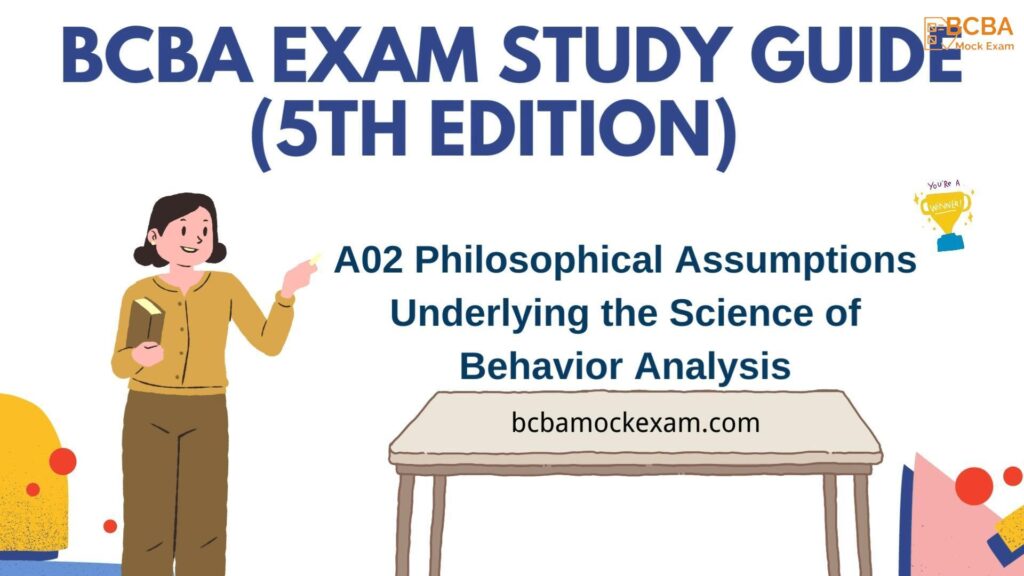— Part 2 of Philosophical Underpinnings of Behavior Analysis
Determinism: The belief that the universe is a lawful and orderly place, and all phenomena occur as the result of other events.
- An example of determinism is that there is an explanation for a vase falling off the shelf even though no one is around it.
Selectionism: The idea that there are 3 ways that the environment applies upon a living being.
- Phylogenic: selection by natural evolution of species
- Ontogenic: how the environment changes an individual over his or her lifetime
- Cultural: passing behavior from one person to another, and this can also be called imitation or modeling
Empiricism: The objective observation of events that are based on data.
- For example, one may record duration data to empirically determine the length of a behavior.
Experimentation: Comparison of a dependent variable under two or more different conditions. In this case, only the independent variable varies from one condition to another.
Replication: The repeating of experiments. It serves to determine the reliability and usefulness of findings. It is instrumental in finding mistakes and it is needed in order for a finding to be accepted as a pattern.
Parsimony: The principle that the most acceptable explanation of an occurrence, phenomenon, or event is the simplest, involving the fewest entities, assumptions, or changes. Simply put, all simple and logical explanation for phenomena must be considered first.
- For example, there is a simple explanation for why your mom did not call you back last night.
Philosophical doubt: Continually questioning the truthfulness of what is regarded as fact. It represents a healthy level of skepticism.
Pragmatism: Analyzing outcomes and procedures based on results. It implies the idea of inductive reasoning, which is drawing a general rule from specific observations. And there is an emphasis on value of the knowledge or truth.
- A good example is that treatment plans should be data-based and individualized. What worked in the past shouldn’t be used directly in the current case, and interventions should be evaluated based on the client.
Hopefully this blog provides you with useful insights into BCBA exam and helps you proceed with your preparation more smoothly. If you wish to know more about real exam questions and have a go at mock exams, please visit our website www.bcbamockexam.com or visit our YouTube channel BCBA Mock Exam – YouTube for more information.





